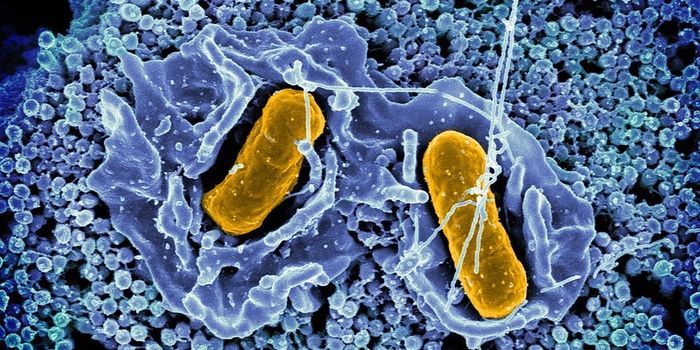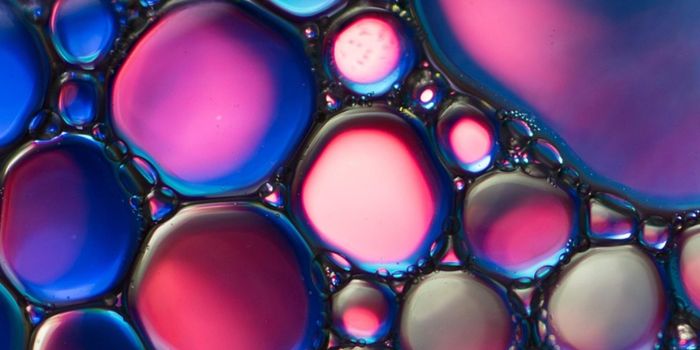Using Tomatoes to Produce a Parkinson's Drug
More and more people are being diagnosed with Parkinson's disease as the world's population ages. Scientists have now engineered a tomato that can produce a Parkinson's treatment, Levodopa or L-DOPA. Not only can this plant be a cheaper course of the medication, but it may also help alleviate common side effects seen in synthetic versions of the molecule, which can cost as much as $2 per day.
Researchers selected tomatoes because they are generally easy to grow, and can be cultivated on a large scale as L-DOPA producers. L-DOPA is generated from an amino acid called tyrosine, which is already found in many foods and is a precursor to the neurotransmitter dopamine. Parkinson's patients have abnormally low levels of dopamine.
In this work, the scientists were able to insert a gene that encodes for an enzyme called tyrosinase, which utilizes tyrosine as a building block for making molecules like L-DOPA, into tomato plants. The genetically engineered tomato has elevated levels of L-DOPA in its fruit. These tomato plants were found to make about 150 milligrams of L-DOPA per kilogram of tomatoes.
Now, the researchers have to develop a pipeline to grow the plants, extract the L-DOPA, and purify it for pharmaceutical use.
"The idea is that you can grow tomatoes with relatively little infrastructure. As GMOs (genetically modified organisms) you could grow them in screen houses, controlled environments with very narrow meshes, so you would not have pollen escape through insects," explained the corresponding study author, Professor Cathie Martin (FRS).
"Then you could scale up at relatively low cost. A local industry could prepare L-DOPA from tomatoes because it's soluble, and you can do extractions. Then you could make a purified product relatively low tech, which could be dispensed locally."
A handful of plants have measurable quantities of L-DOPA in their seeds, like the velvet bean, Mucuna pruriens, whose seeds are up to ten percent L-DOPA. But the plant itself is covered in hairs that can cause irritation and allergic reactions in the people that have to harvest it. On their own, the beans can cause hallucinations and are not recommended.
"We have demonstrated that the use of the tyrosinase-expressing tomatoes as a source of L-DOPA is possible. It's a further demonstration of tomato as a strong option for synthetic biology. Additionally, there were surprising beneficial effects including improvement in shelf-life and raised levels of amino-acids that we can investigate," noted the first study author Dr. Dario Breitel.
Sources: Science Daily via John Innes Center, Metabolic Engineering









